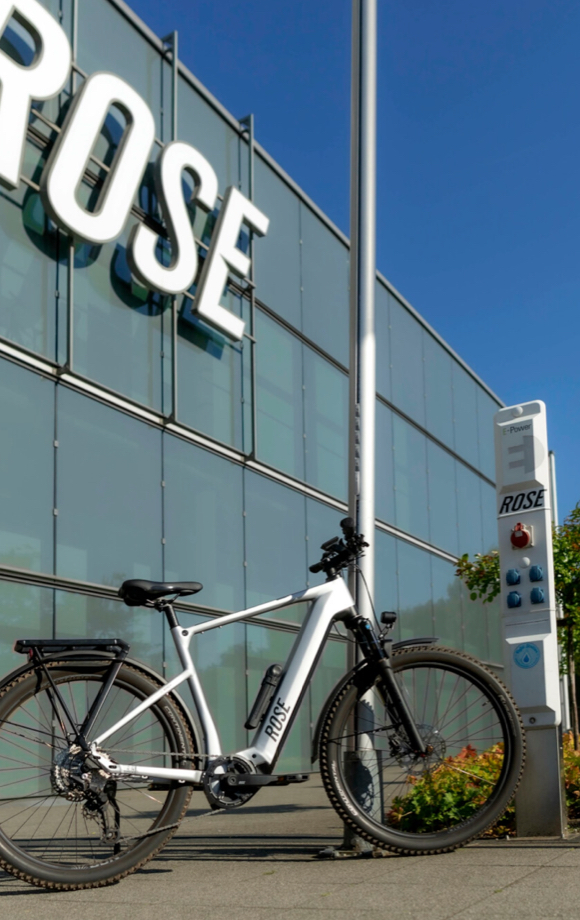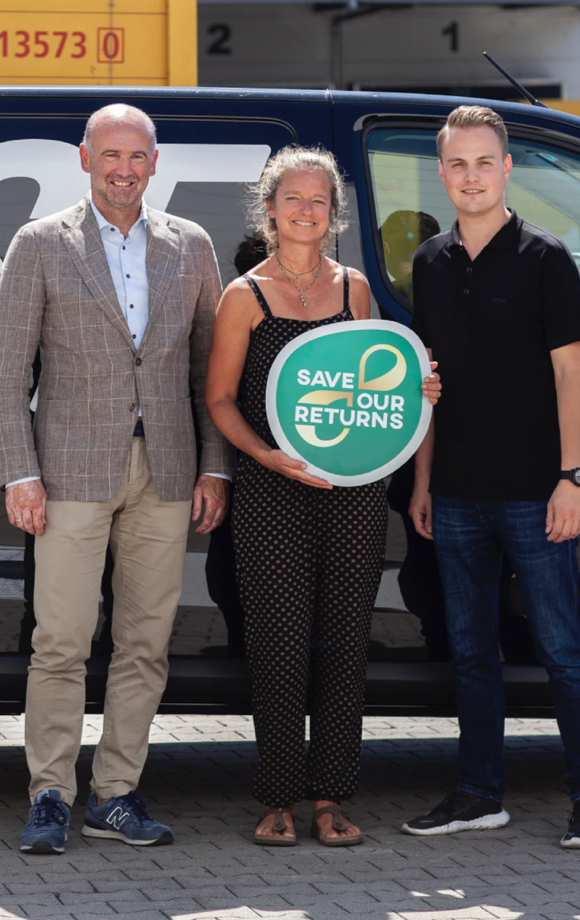School Workshop – Learning, Shaping, Participating
)
Rethinking cities
During the two-day workshop, we fostered a discussion with the young pupils about how they imagine a liveable city in the future and what role they think a sustainable mobility system plays in this. By fostering a dialogue, ROSE hopes to develop approaches for change and to anchor the importance of the topic in the minds of the students.
Using best practice examples from Amsterdam, Groningen, Berlin and Paris, the students were shown how cities have restructured their limited space and what influence this restructuring has had on the local living space. Using before-and-after graphics, they were shown how public spaces that were previously used exclusively as parking areas or lanes for cars can now be used, for example, as green spaces, playgrounds or for cafés.
Afterwards, the students discussed in which areas they currently see traffic problems and how these problems can be counteracted in the future. Here, too, the young people were actively involved and worked together with our team on possible solutions. Bicycle safety played a crucial role, as most of the students use bicycles for their daily commute to school.
What students in Bocholt want
)
Designing actively
With the help of visualisations, the young people were shown the problems with which cities are currently confronted.
After raising awareness of problems in the transport system, we presented possible solutions to the students. These included, for example, the expansion of the public transport and bicycle network, the creation of new sharing services and the possibility of combining mobility modes more easily in the future via interconnected applications. At the end of the first day, the students had the opportunity to simulate their own ideas and imagination of a "more liveable" street with the help of a digital 3D tool and then present them to each other.
What ROSE has learned from the workshop
For their school commute and leisure activities, the students would prefer better street crossings, shorter waiting times at traffic lights, more parking facilities for their bikes and wider bike paths.
Training the students on cycling techniques
The second day of the workshop was more about the practical side of mobility. Under the guidance of the ROSE team, the young people improved their balance, cornering, riding around obstacles and their cycling technique. Step by step, the pupils were able to overcome their initial insecurities and have more and more fun with cycling.
)
What’s next?
The students’ positive feedback and input about future-oriented urban and transport planning will encourage ROSE to make mobility accessible to all different types of people. Projects like this one aim to encourage more young people to get actively involved in shaping public spaces. Future workshops are already being planned!
)
)
)
)